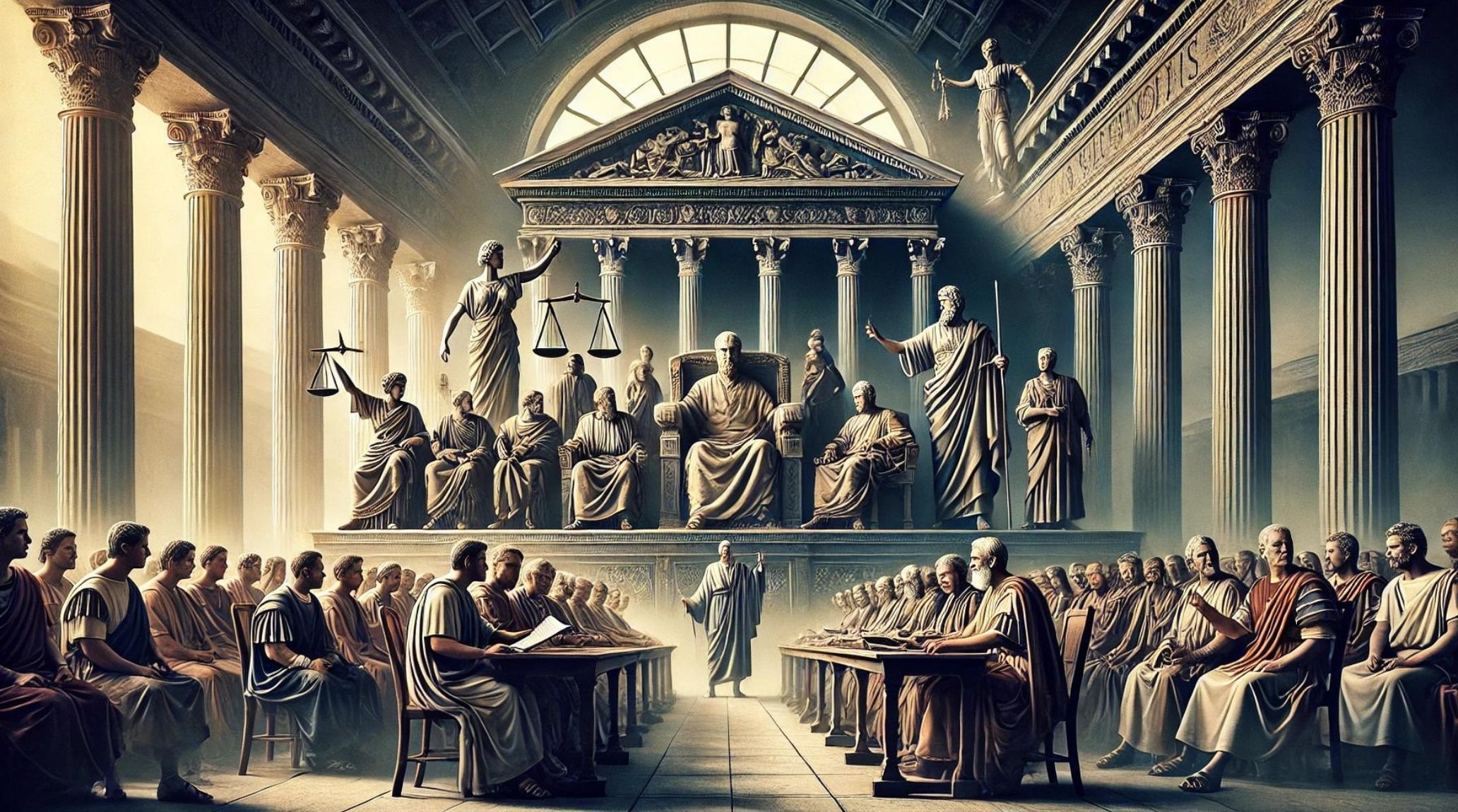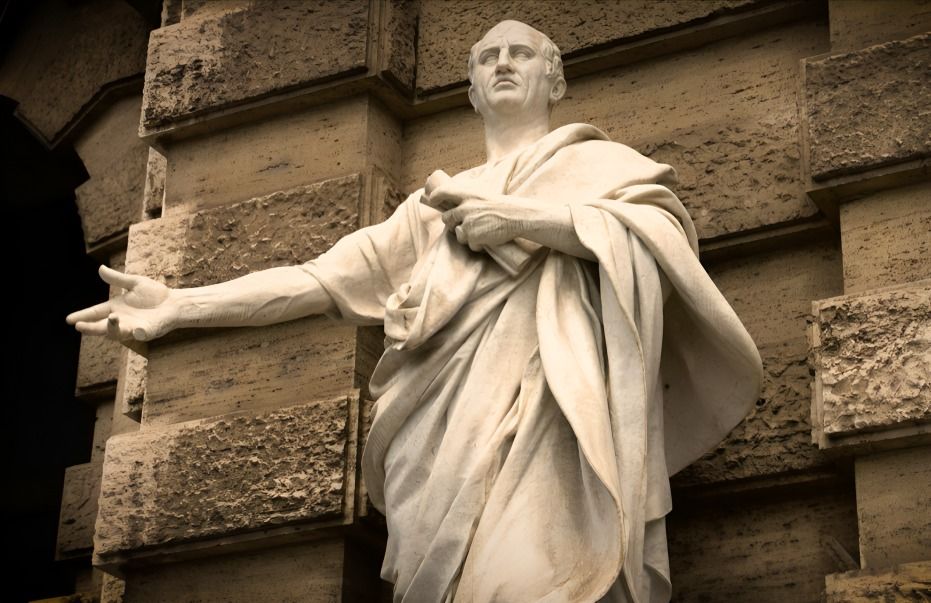
“
Roman law laid the foundational principles that have influenced legal systems throughout history. Originating in ancient Rome, this body of law not only governed the daily lives of Romans but also established a legal framework that continues to impact modern jurisprudence. This article explores 20 essential facts about Roman law, shedding light on its foundational aspects.1
1
”
Roman law, originating in 753 BCE with the founding of Rome, governed the city until the fall of the Western Empire in the 5th century CE. It continued to be applied in the Eastern, or Byzantine, Empire until 1453. Its influence extends well beyond its initial era. 1

Roman law granted specific rights to citizens, such as the right to a fair trial and protection from arbitrary punishment. These rights became a foundation for the development of modern human rights.
Roman jurists played a crucial role in interpreting and developing the law. Their writings, known as "responsa," were highly respected and contributed significantly to the evolution of legal principles. 2
In the 6th century CE, Emperor Justinian I codified Roman law into a comprehensive system known as the Corpus Juris Civilis. This collection greatly influenced the legal traditions of many European countries. 3
Roman law introduced several procedural innovations, such as the "actio" system, which allowed citizens to bring various types of lawsuits. This structured approach to legal proceedings influenced modern legal practices. 4
Roman law had sophisticated rules regarding property ownership and contractual agreements. It provided clear guidelines for buying, selling, and inheriting property, which laid the foundation for contemporary property law. 5
Roman magistrates, including consuls and praetors, played a significant role in administering justice. They were responsible for overseeing legal proceedings and ensuring that laws were enforced properly. 6
Roman law introduced the concept of legal personality, allowing entities such as corporations and associations to have legal rights and obligations. This idea remains fundamental in modern legal systems. 7
Although not formalized as in modern systems, Roman law practiced a form of precedent where past decisions influenced future rulings. This principle ensured consistency and predictability in legal decisions.8
Praetors issued edicts outlining how they would interpret and apply the law during their term. These edicts helped adapt Roman law to changing circumstances and were a key source of legal innovation. 9
Roman law addressed the complex status of slaves, recognizing certain legal protections and rights. While slaves had limited rights, Roman legal practices provided frameworks for their management and regulation. 10

The Twelve Tables, created in 451-450 BCE, were the first written Roman laws. They provided a public and accessible legal code that aimed to protect the rights of Roman citizens and ensure justice.
Roman law included detailed regulations on marriage and family matters, such as dowries and inheritance. These laws influenced the development of family law traditions in subsequent legal systems. 11
Roman law is known for its influential legal maxims, such as "Ignorantia legis neminem excusat" (Ignorance of the law excuses no one). These maxims encapsulated fundamental legal principles that remain relevant today. 12
Roman law distinguished between public and private law, with public law governing the state and its relations with citizens. This separation influenced modern legal systems and their approach to governance and individual rights. 13
Roman law provided certain protections and rights for women, including property rights and legal standing in court. Although limited, these protections were progressive for their time and contributed to gender equality advancements. 14
Roman law emphasized the principle of equity, aiming to achieve fairness in legal decisions. This approach allowed judges to consider the spirit of the law and individual circumstances, influencing modern equitable principles.15
Roman inheritance laws were highly structured, determining how property was distributed among heirs. These laws, including the "Falcidian Law," set precedents for contemporary inheritance and estate planning. 16
Two major Roman legal schools, the Proculians and the Sabinians, debated legal issues and influenced the development of Roman jurisprudence. Their differing interpretations contributed to the richness of Roman legal thought. 17
Roman law profoundly impacted the development of European legal systems, especially through the medieval revival of Roman legal texts. Its principles and structures continue to shape modern legal systems around the world.18


